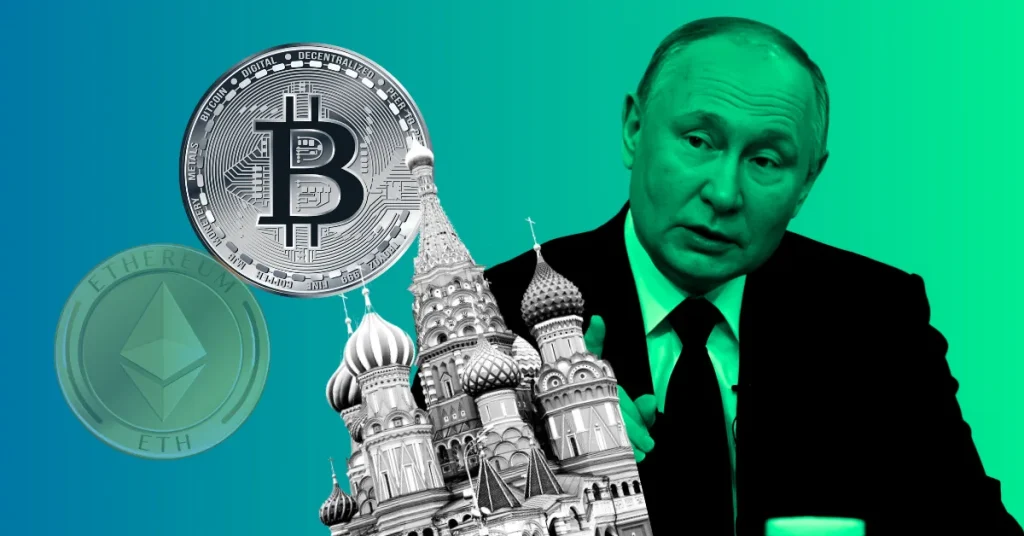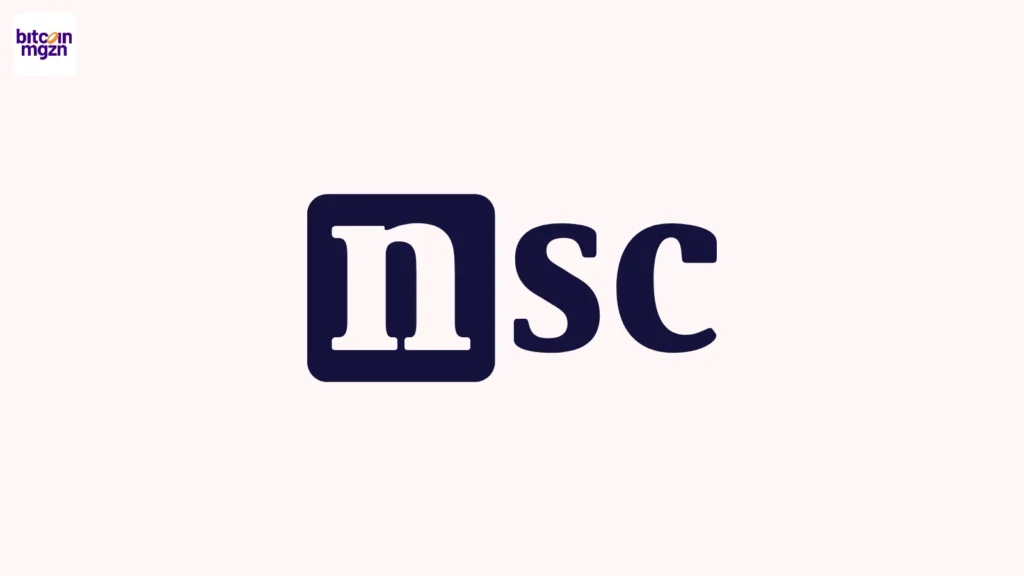Crypto Regulation News: Russia Considers Making Cryptocurrency Marital Property in Divorce

The post Crypto Regulation News: Russia Considers Making Cryptocurrency Marital Property in Divorce appeared first on Coinpedia Fintech News
The Russian parliament is reviewing a draft bill that would classify cryptocurrency as marital property, meaning crypto acquired during a marriage would be considered jointly owned and subject to division in divorce proceedings. The proposal comes as more Russians turn to digital assets for investment and savings.
Russia Crypto Draft Bill Details
The legislation was filed by Igor Antropenko, a member of the State Duma’s Industry and Trade Committee representing the ruling United Russia party. The draft law has been submitted to Prime Minister Mikhail Mishustin and shared with the Central Bank of Russia (CBR) for review.
The proposal focuses on updating Articles 34 and 36 of the Family Code, which govern marriage, divorce, inheritance, and other family relations. Under the new rules, any cryptocurrency acquired by a spouse during the marriage would be considered joint property. Meanwhile, crypto obtained before marriage or as a gift or inheritance would remain the property of the individual spouse.
Legal and Social Rationale
Antropenko highlighted the need for clear regulations around digital assets in family law. Without formal rules, spouses could potentially hide crypto during divorce proceedings, undermining equitable property division. He noted that the current lack of legal clarity conflicts with Article 19 of the Russian Constitution, which guarantees equality before the law and equal rights for men and women.
The bill reflects a growing recognition that cryptocurrencies are becoming a significant part of personal finances in Russia, especially as citizens increasingly use digital assets as an investment or savings tool.
On the Regulatory Front
Historically, the Central Bank of Russia has been cautious about recognizing decentralized cryptocurrencies like Bitcoin, limiting them to an experimental legal regime (ELR) mainly for international settlements. However, officials have indicated plans to expand crypto regulation in 2026, particularly around investments, while coin payments outside the ELR remain banned.
Despite restrictions, Russian courts have recognized crypto as property in some cases, and criminal proceedings have included state seizure of digital assets.
Russia’s Growing Crypto Market
Russia has a vibrant crypto community, with estimates suggesting around 20 million citizens own cryptocurrency, totaling over $40 billion in holdings. Chainalysis data shows that between July 2024 and June 2025, Russia received more than $376 billion in crypto transactions, making it one of Europe’s leading crypto markets.
The new draft law, if passed, would bring clarity and legal protection for couples handling crypto in marriage and divorce, aligning family law with the realities of the digital economy.
You May Also Like

Best Altcoins to Buy Before the Next Crypto Market Rebound

Analysis: The 15,965 BTC transferred by the Prince Group's criminal mastermind today are not previously disclosed seizures by the US
